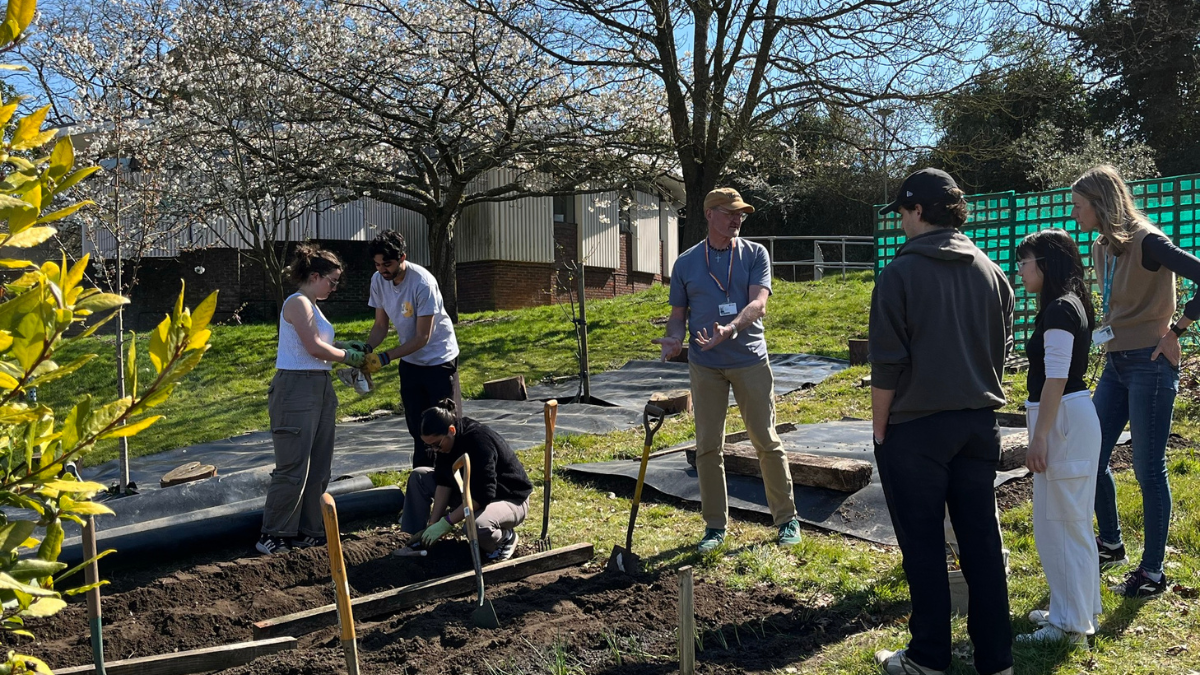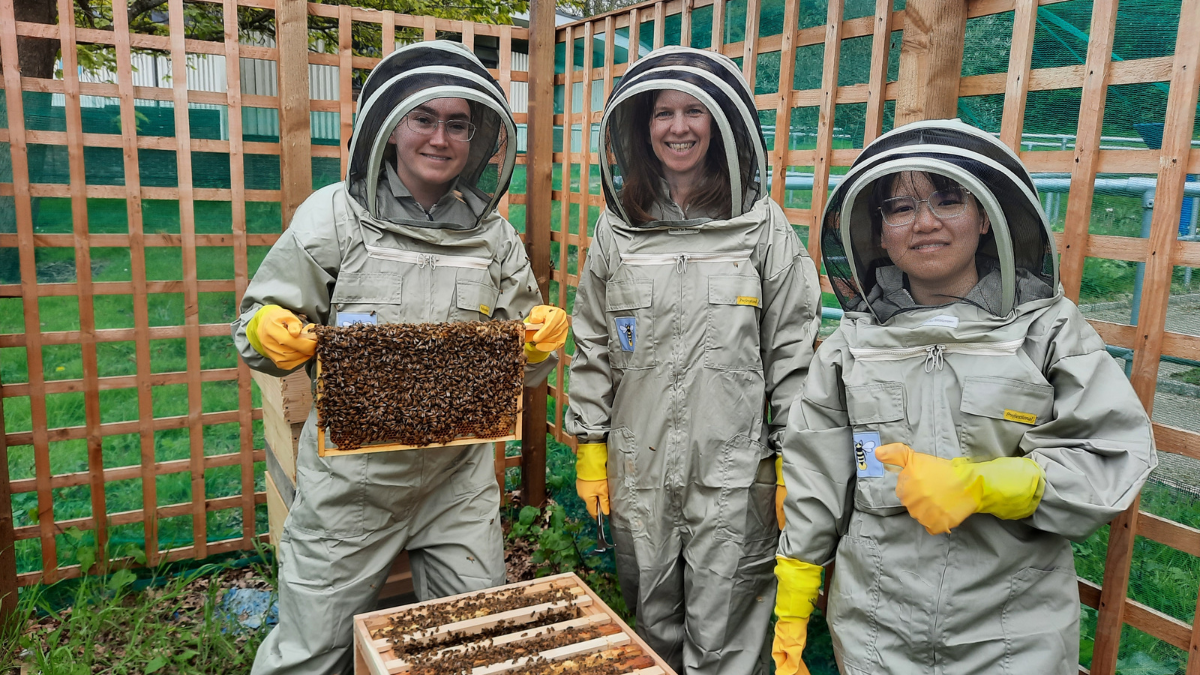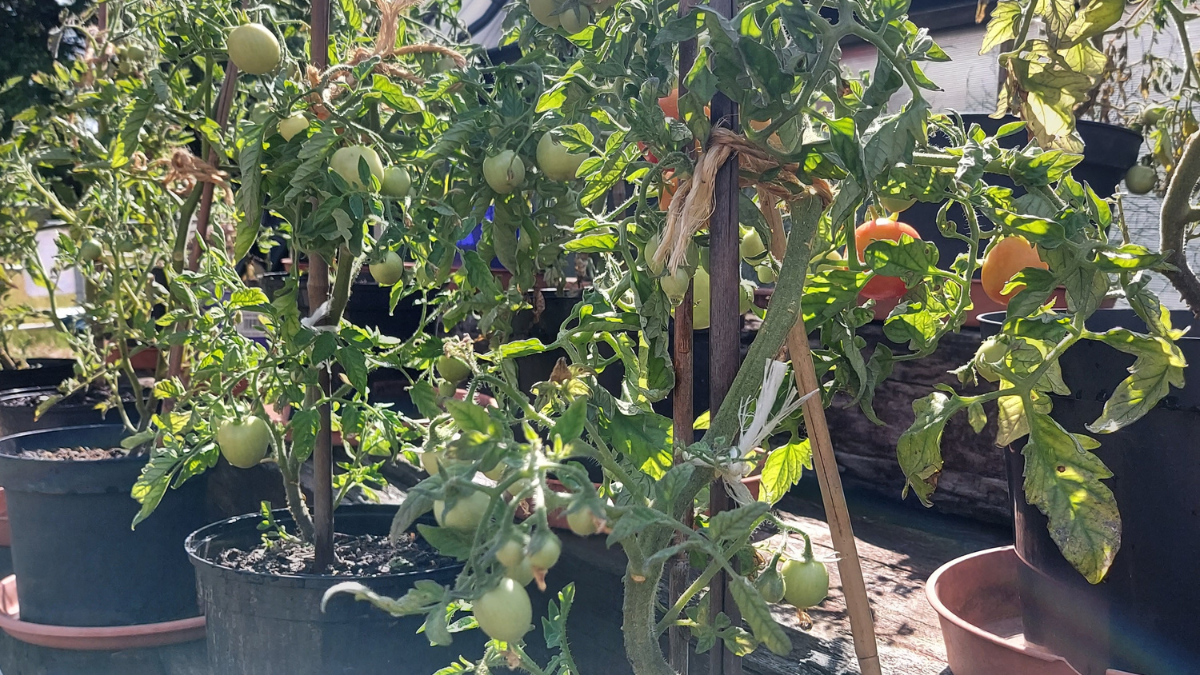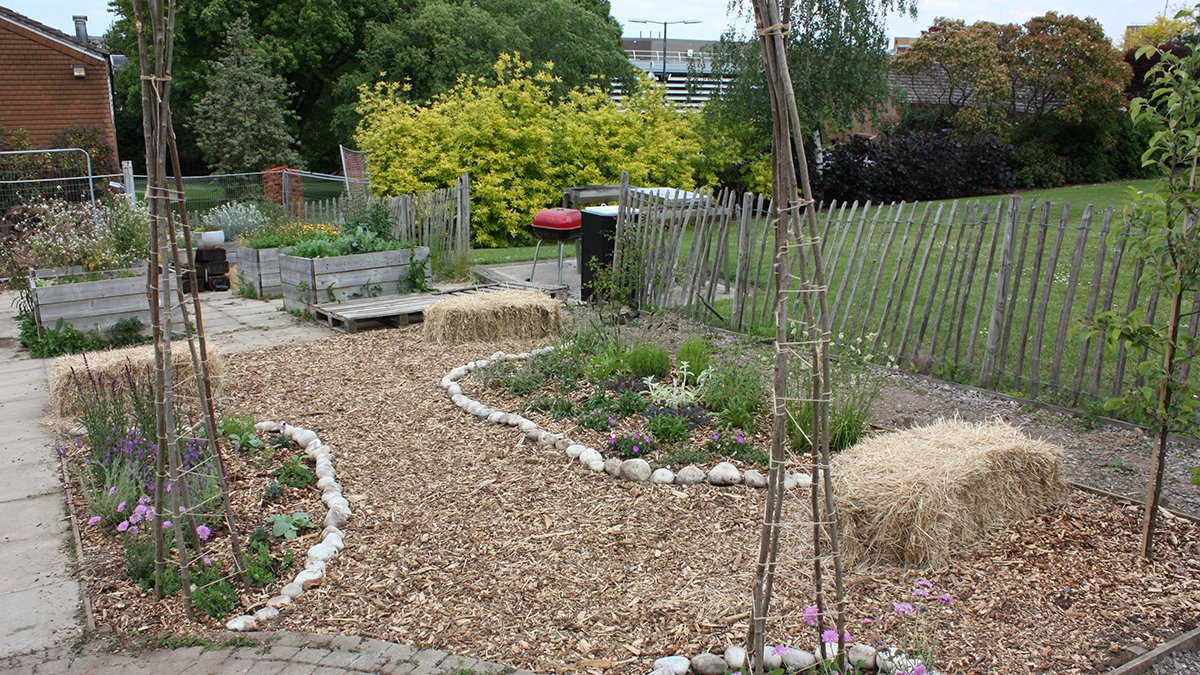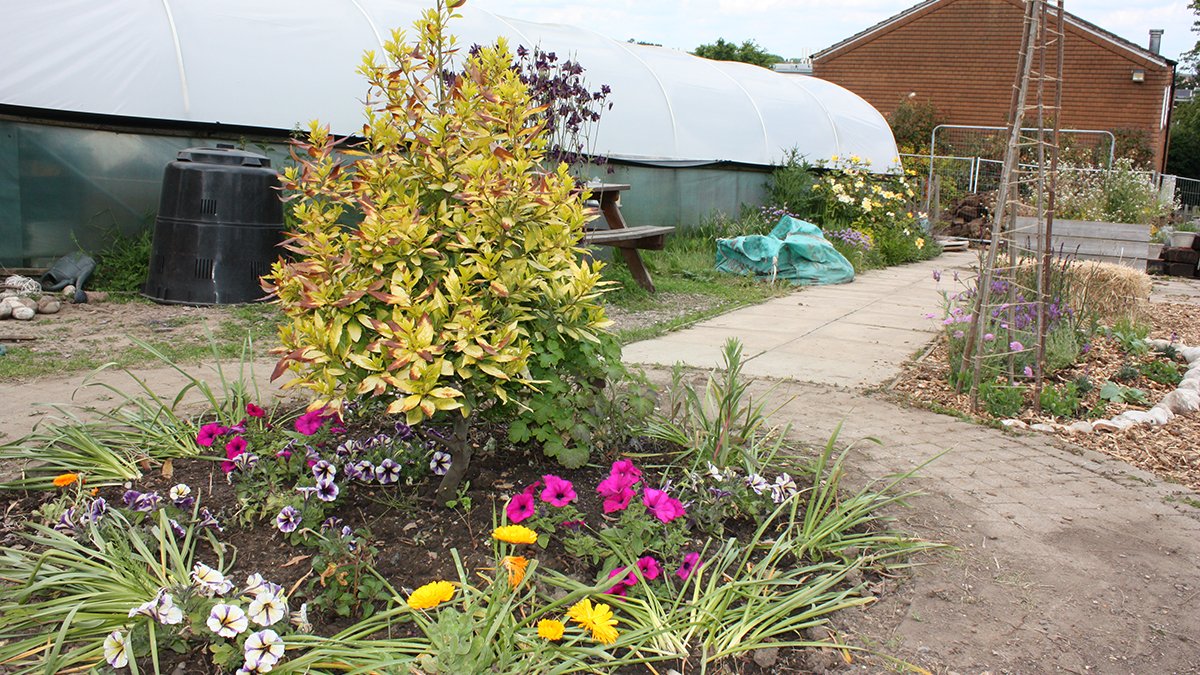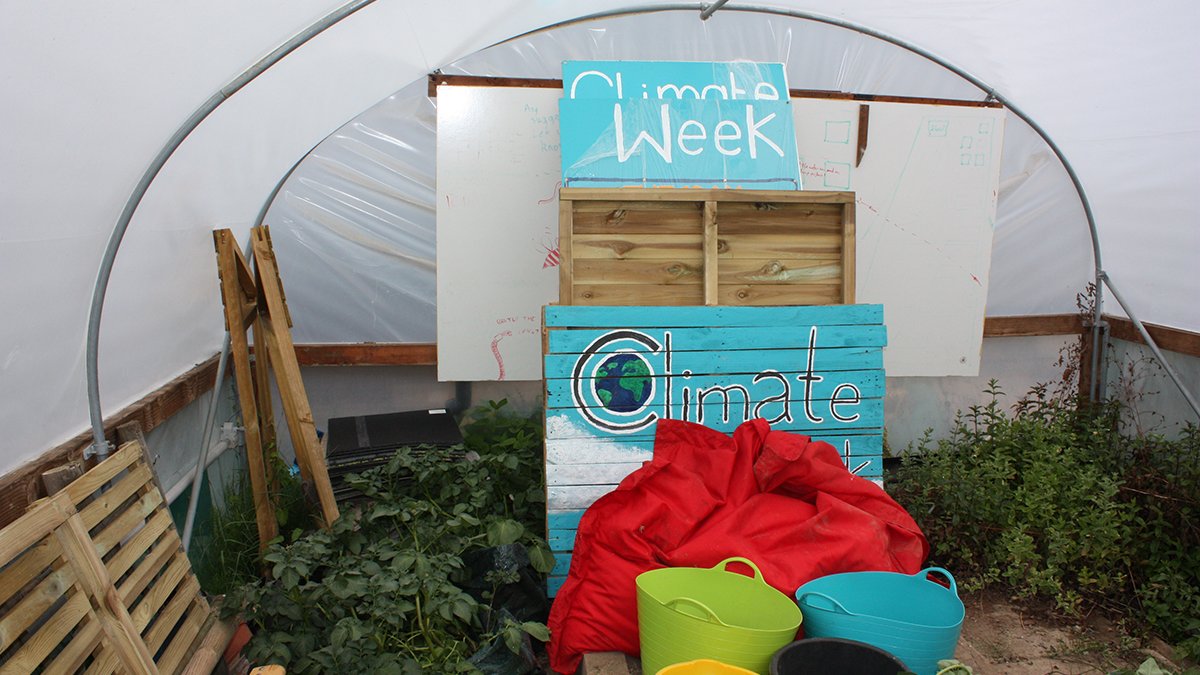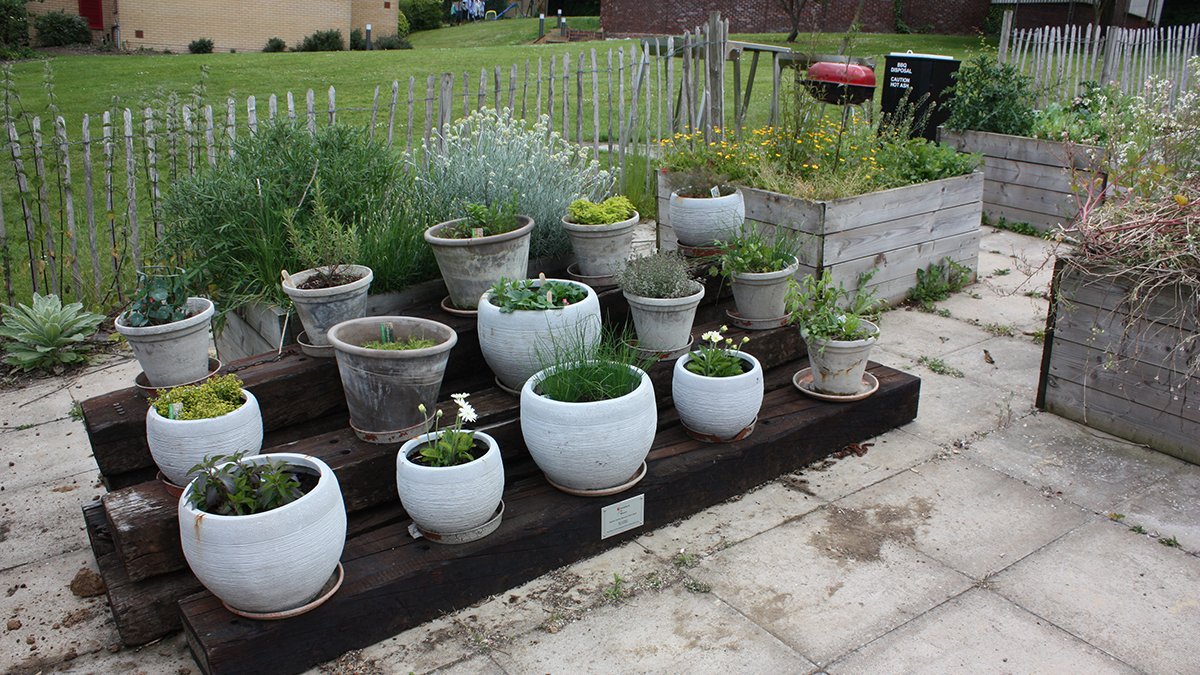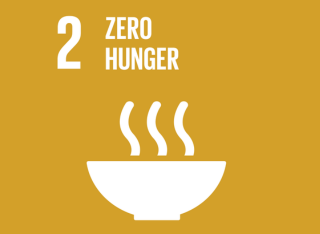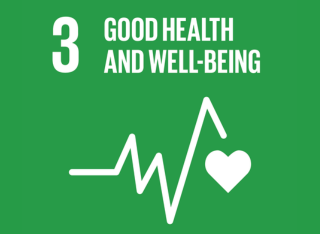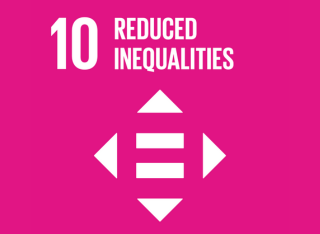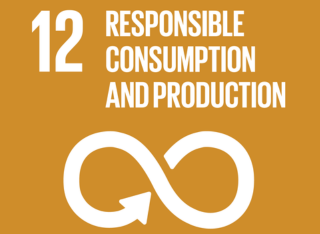
Procurement and catering
Sustainability is at the core of our catering outlet operations. A Sustainable and Ethical Food Plan (PDF) has been developed, setting out our Catering teams' commitment to sustainability and plan for future action.
Key successes
In 2024, the University launched a Sustainable and Ethical Food Plan (2024). Key successes from the plan include:
- All nine of our catering units offer plant-based alternatives for main meals, soups, grab-and-go food, plus drinks.
- We have introduced a 10p cup charge for disposable coffee cups bought in our catering outlets, diverting over 100,000 cups from waste. The funds from the charge are ring-fenced for investment in sustainability initiatives.
- We sell reusable coffee cups and lunch boxes across all our catering outlets and give customers a 15p discount when using a reusable cup.
- We have transitioned to compostable or recyclable packaging in all our outlets. The Hideout coffee shop on Stag Hill campus is now plastic free front of house.
- We have introduced 11 new water refill points on campus to reduce single-use plastic and encourage the transition to reusable water bottles. We have also introduced canned water options across catering outlets to help eliminate single use plastics.
- We have eliminated single use straws and plastic bags from the Students' Union’s nightclub.
- We have set up a Community Fridge with the Students' Union to minimise food waste, donating all pre-packaged goods to the University community.
A new Sustainable and Ethical Food Plan (2025) was developed in 2025 to reflect our progress.
In 2025, the University achieved three stars, the highest possible rating, in the Sustainable Restaurant Association's Food Made Good accreditation.
Growing food on campus
Two community gardens on our Stag Hill and Manor Park campuses provide space for staff and students to grow food on campus. The gardens are managed by the University of Surrey Garden Society and Vet Society with support from the Horticulture & Landscape team.
Staff and students have also set up beehives on campus. They not only provide an opportunity to produce local honey, but the bees also provide important pollinators needed to grow food, as well as wild flowers, on campus.
In July 2019, Lakeside Restaurant and Coffee Shop created a garden on their premises, where food and vegetables are being grown to be used on their menu.
During 2024 and 2025 the Stag Hill community garden has been growing range of fruit and vegetables: from apples and gooseberries, to potatoes, tomatoes, and beans. Find out how to get involved.
Eliminating single-use cups on campus
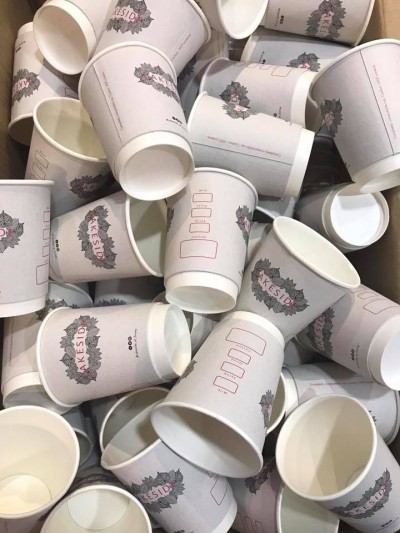
As part of Surrey’s commitment to sustainability, we’re delighted to introduce Cauli Cups to our cafés across campus, which is a programme to replace single-use cups.
Simply scan the QR code on the reusable cup, enjoy your coffee and return the cup to any café on campus within five days to use it for free.
If you cannot return the cup within five days, you will be charged a £5 fee.
Please note: From Monday 5 January 2026, you will no longer be able to purchase coffee in a single use cup at any of our cafés, other than Lakeside and Pitchside Coffee. You will need to bring your own cup or use a Cauli Cup.
Sustainable procurement and sourcing
Sustainability needs to be embedded across the supply chain, influencing how we procure goods and services, the types of goods and services we procure, and how we manage their lifecycle. The Sustainability and Procurement teams have been measuring their progress in sustainable procurement using the government’s Flexible Framework. The University has expanded the Flexible Framework from five to ten stages in order to clarify actions and expedite delivery. So far the sustainability and procurement teams have completed a number of actions including, crucially, the creation of a sustainable procurement plan, the selection and delivery of training in sustainable procurement, and the advanced filtering and classification of suppliers.
The University’s Procurement Policy (PDF) states our commitment to ensuring sustainability, modern slavery, socially responsible procurement issues and equality/diversity factors are considered in purchasing decisions. Sustainable procurement principles for tendering processes with external partners are incorporated in the policy, including those related to food purchasing.
In order to provide access to local food on campus, we organise a farmers' market every Thursday. The market features various produce and street food from local producers.
Auditing our supply chain
The University audits its supply chain using the NetPositive Futures tools ‘Supplier Engagement Tool’ and ‘ Net Zero tool’. The University has over 3,000 suppliers providing products and services as diverse as IT support, furniture, lab equipment and uniforms with a carbon footprint of almost 70,000tco2e and a total spend of more than £100million.
To date the University has reviewed its 3000 suppliers, focussing on the top 70% of spend and carbon emissions, which equates to about 270 key suppliers. These suppliers’ range in size from multinational companies like Dell, to SME’s with less than 50 members of staff. This list of 270 suppliers has been further prioritised to focus on 40 companies which are critical and important to the University.
During the period 2024 to 2026 the Procurement team is engaging with these 40 companies to understand their carbon footprint and to work with them to reduce both their carbon emissions and their wider sustainability impact, using the two tool kits provided by NetPositive Futures.
Sustainable Development Goals
Our Sustainable & Ethical Food Plan tackles several of the UN Sustainable Development Goals.
